When it comes to recovery, joint support, and aging well as an athlete, collagen may be the most underrated tool in your toolbox. In fact, the best collagen supplement for athletes can do far more than just support glowing skin or shiny hair. It can help repair connective tissue, improve joint mobility, protect your gut lining, and even support muscle function.
That’s why if you’re an active adult—or an athlete looking to stay in the game for life—it’s time to take your collagen seriously. But not all collagen is created equal, and most products on the market don’t live up to the hype.
Let’s break down what makes a high-quality collagen supplement, which types are best for performance and recovery, and how to choose the one that fits your goals.
Also Read: Organ Meats: Benefits and How to Eat Them
What Is Collagen and Why Does It Matter for Athletes?
Collagen is the most abundant protein in the body. It provides structure to your skin, joints, tendons, ligaments, bones, and even your digestive tract. For athletes, that means collagen plays a direct role in mobility, flexibility, injury prevention, and gut resilience.
As we age, however, collagen production declines—especially after 30. Combine that with the wear and tear of training, and you’ve got a recipe for stiffness, slower recovery, and even nagging injuries.
That’s where supplementation comes in.
Also Read: 3 Must-have Protein Supplements and Why?
Science says: Supplemental collagen peptides have been shown to support joint health, reduce markers of joint pain, and promote tendon repair in active individuals (Zdzieblik et al., 2017).
Why Most Collagen Supplements Fall Short
The booming beauty and wellness industry has jumped all over collagen. You’ll now find it in powders, pills, creams, gummies—you name it. But here’s the problem: most of these products contain synthetic collagen or collagen that’s not bioavailable.
If your supplement isn’t sourced from real animal connective tissue (like hides, bones, or fish skin), your body won’t be able to absorb and use it effectively.
Worse still, many brands don’t disclose where their collagen is sourced or how the animals were raised. That matters more than you think.
The Best Collagen Supplement for Athletes Comes from Real, Clean Sources
The way animals are raised has a huge impact on the nutrient profile of the collagen they produce. Collagen from grass-fed, pasture-raised animals is far superior to that from conventionally raised, grain-fed animals. The same goes for wild-caught fish compared to farmed fish.
When shopping for the best collagen supplement for athletes, look for:
- Grass-fed and pasture-raised beef sources
- Wild-caught fish (like red snapper or cod)
- Transparency about which pat of the animal the collagen comes from (hide, bone, cartilage, etc.)
- Hydrolyzed collagen peptides which are way easier to digest and absorb
My Top Pick: Healthy Green Athlete-Approved Collagen SUPPLements
I’ve tried a lot of products over the years, and these are my go-to collagen supplements that check all the boxes for quality, performance, and purity.
✅ EQUIP Foods Grass-Fed Collagen (Click to purchase and use code HGA for 15% off)
- Sourced from grass-fed beef
- No artificial flavors, sweeteners, or fillers
- Hydrolyzed for maximum absorption and bioavailability
- Unflavored and perfect for mixing into coffee, smoothies, or oatmeal
It’s especially great if you’re sensitive to additives or prefer a product that plays well with other supplements. Plus, I love that EQUIP is transparent about sourcing and third-party testing.
Can’t Stomach Organ Meats or Bone Broth? No Problem.
Let’s be honest—not everyone loves the idea of eating tendon or sipping on bone broth every day. Luckily, the best collagen supplement for athletes doesn’t have to taste like meat or come with a strong smell.
Many brands now offer flavorless powders that mix seamlessly into coffee, tea, or smoothies. Just be sure to avoid artificial flavors, added sugars, and synthetic fillers.
💡 Hot Tip: Mix a scoop of unflavored collagen into your morning coffee for a protein-packed start to your day (bonus points if you add a dash of cinnamon and coconut milk).
Can’t Stomach Organ Meats or Bone Broth? No Problem.
Even though supplements make it easier, it’s still worth getting collagen through food whenever you can. Unfortunately, the Standard American Diet is pretty much devoid of traditional collagen-rich foods like:
- Bone-in meats
- Fish skin
- Chicken feet
- Beef tendons
- Organs like tripe or heart
Our ancestors consumed “nose to tail,” meaning they ate every part of the animal. That included the skin, cartilage, marrow, and connective tissue—basically, all the parts we toss today.
If you’re up for it, start making bone broth at home using leftover beef bones or chicken carcasses. You can also check out my post on organ meats and how to eat them.
Collagen for Aging Athletes
By the time you hit your 30s or 40s, your collagen production is already on the decline. That’s especially concerning if you’re still training hard. Joint stiffness, slower recovery, and even digestive issues can creep up as a result.
Supplementing with the best collagen supplement for athletes can help fill in those gaps and keep you feeling strong, mobile, and energized. It’s not just about staying in the game—it’s about feeling good while doing it.
Final Thoughts: Choose Wisely, Stay Active
Collagen might not be the flashiest supplement out there, but it plays a critical role in how your body performs, heals, and ages. If you want to support your joints, skin, and gut while optimizing recovery, investing in the best collagen supplement for athletes is a no-brainer.
But quality matters. Skip the flashy packaging and choose a product that’s transparent about its sourcing and backed by science. Your joints—and your future self—will thank you.
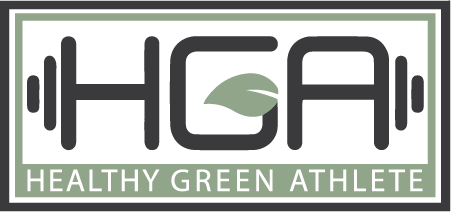
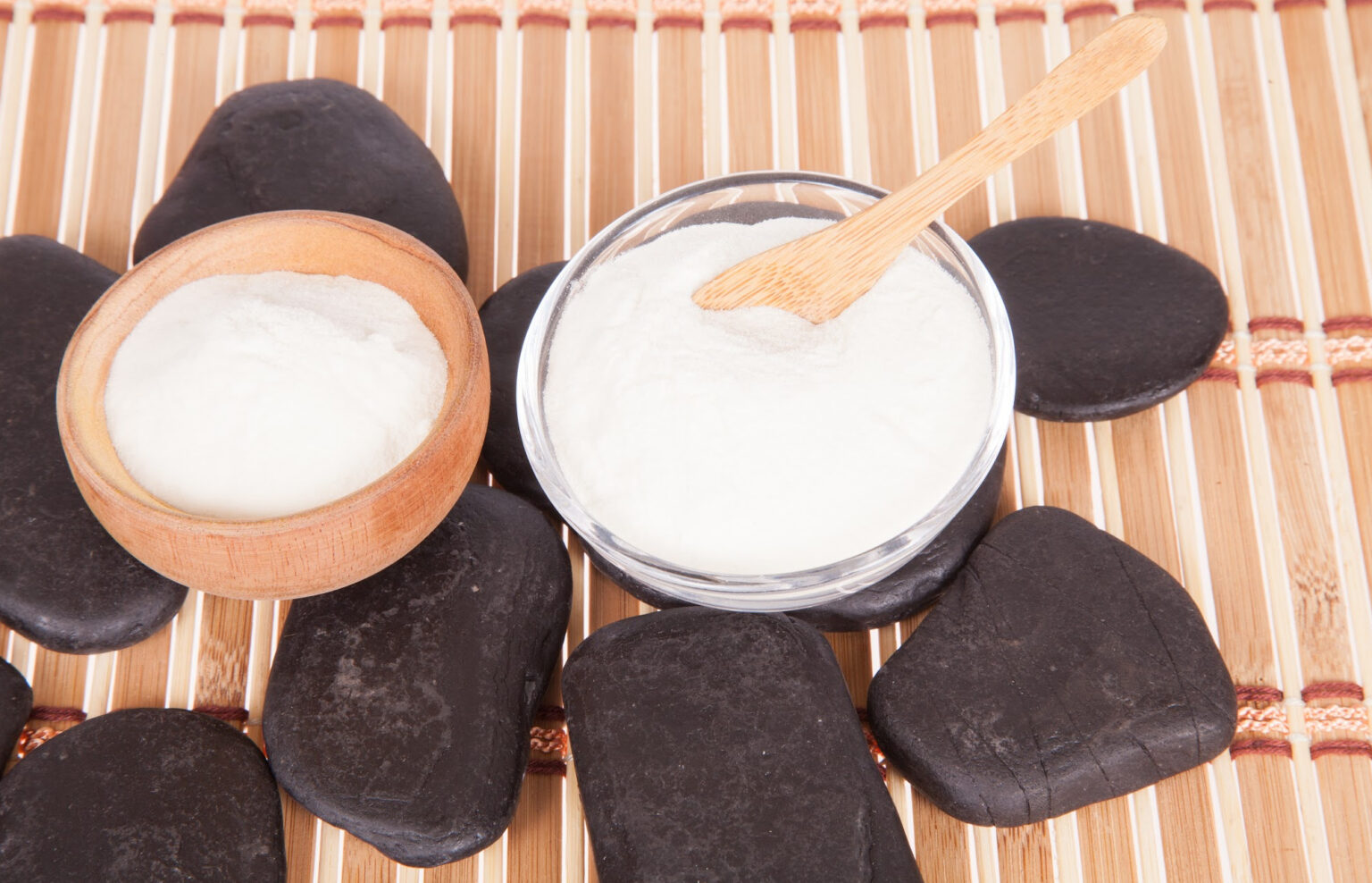
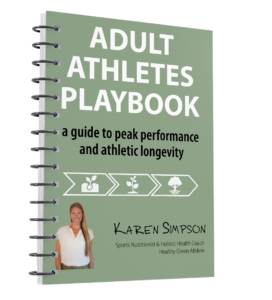

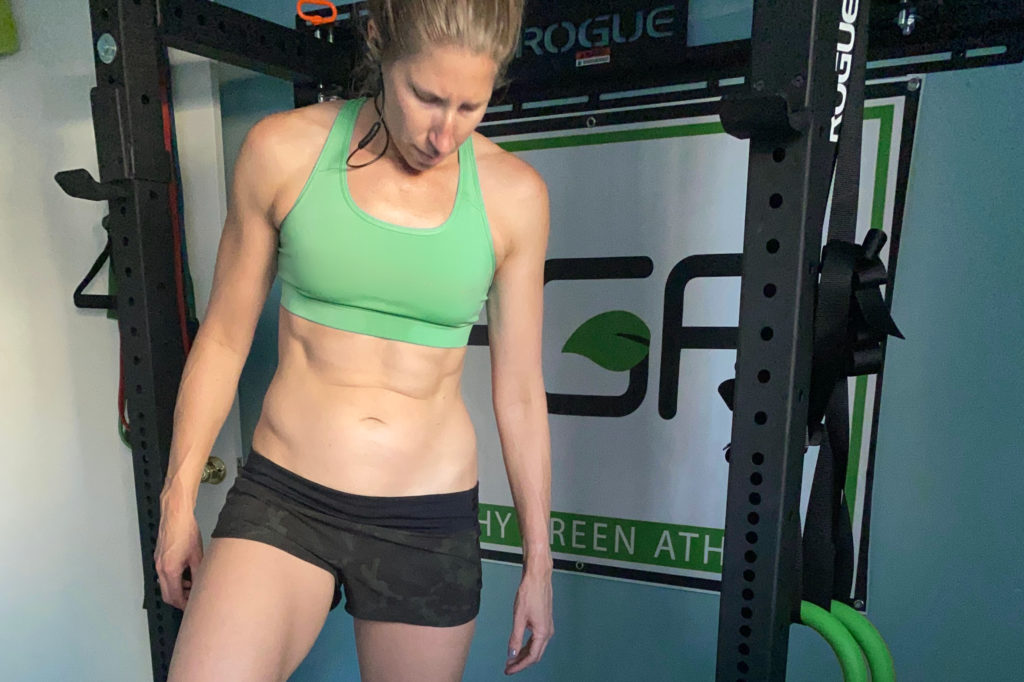

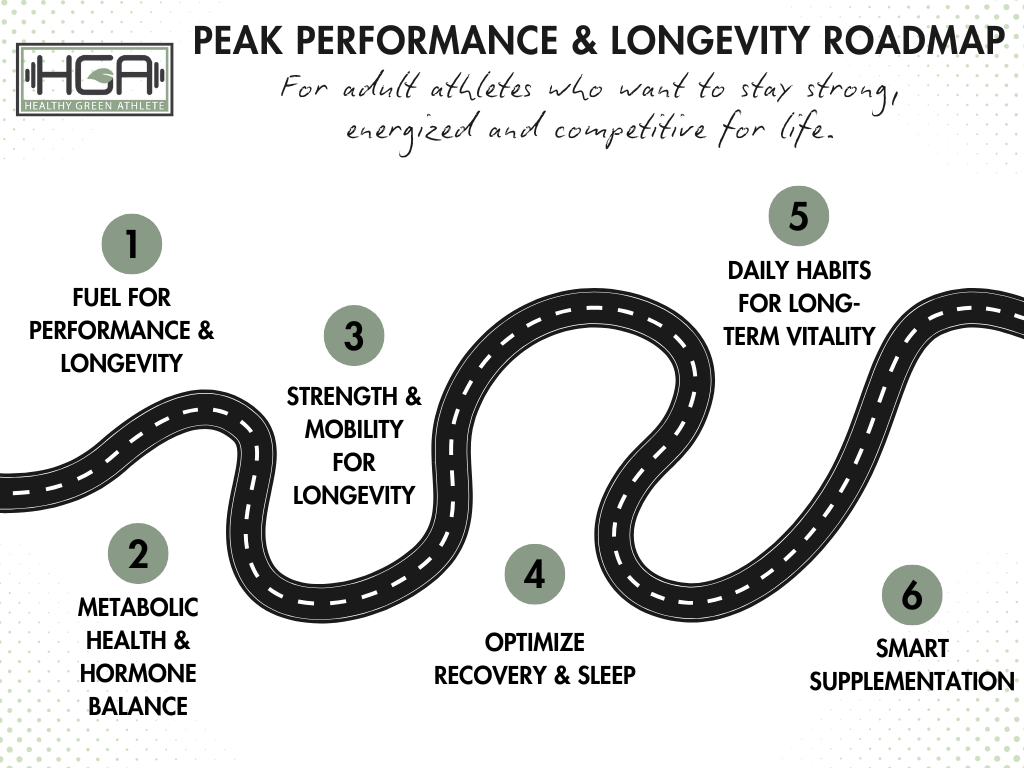

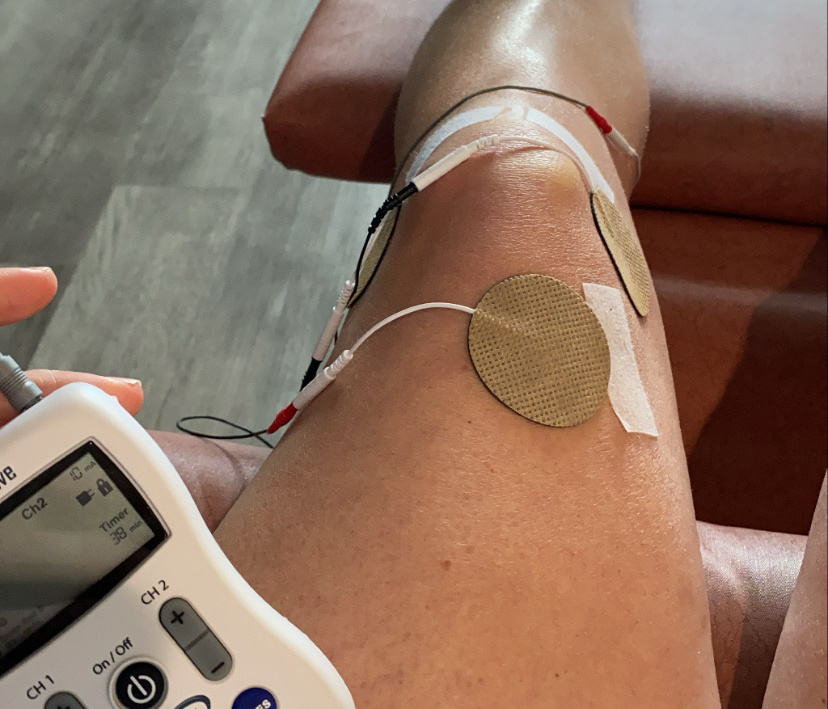


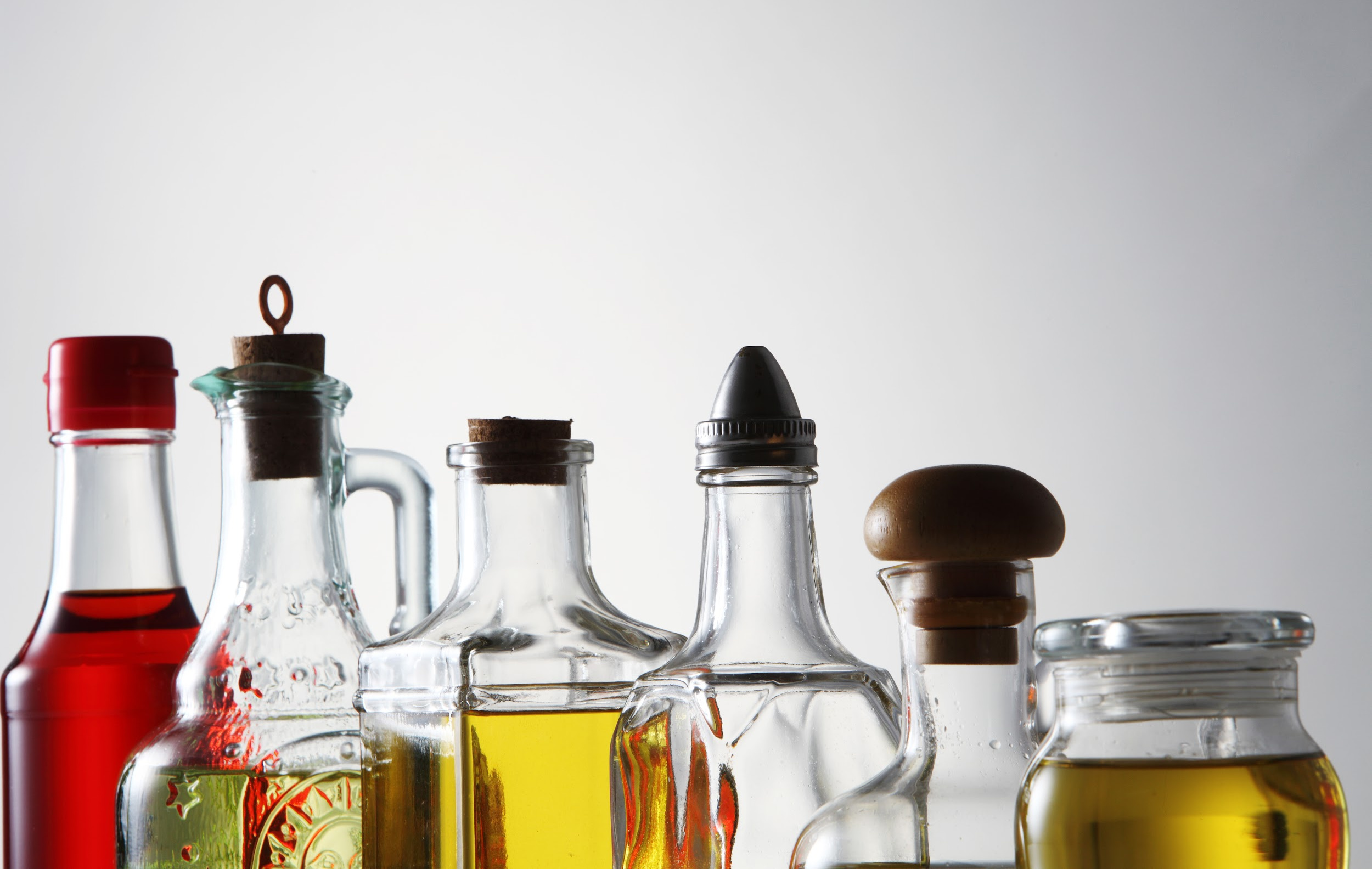
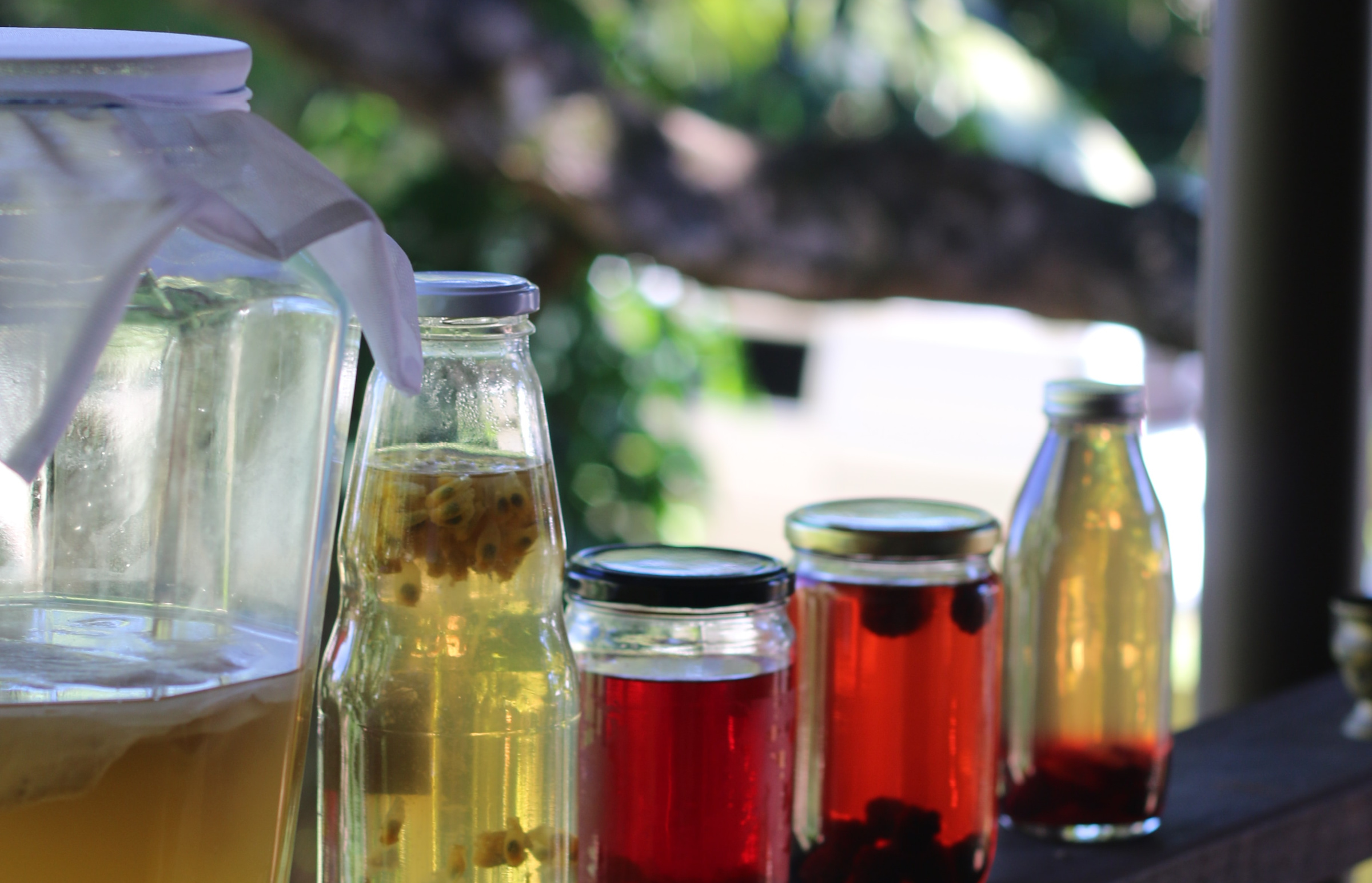

One Comment
Pingback: